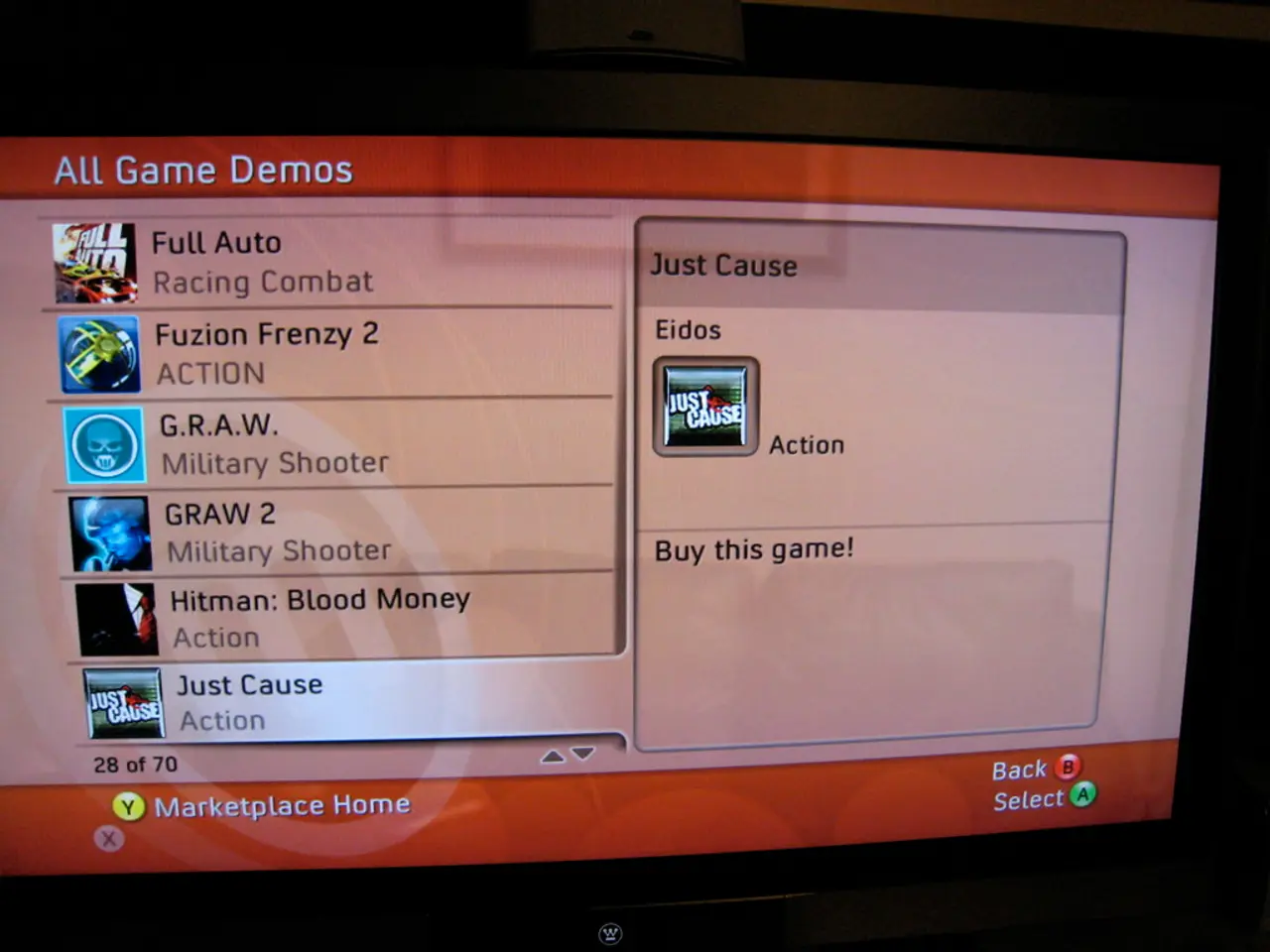Microtransactions, according to Ubisoft, allegedly enhance player enjoyment, earning a controversial place as one of the most questionable statements in gaming history.
In the world of gaming, the debate surrounding monetization strategies continues to rage. One company at the centre of this controversy is Ubisoft, with its implementation of microtransactions in games like Assassin's Creed, Far Cry, and Watch Dogs, to name a few.
Critics argue that these microtransactions, which provide resources for single-player campaigns, are one of the dumbest things in gaming. The purchase of game resources, in-game currency, and map sites using microtransactions is heavily criticised, with FOMO (Fear of Missing Out) being a primary driver of these transactions.
Ubisoft, however, defends these practices, claiming that players have more fun when they can pay more for games they already bought. The company is aiming to emulate Electronic Arts (EA) in its monetization strategies, a move that has sparked debate.
The impact on player experience is significant. Loss of trust in developers due to manipulative or opaque monetization, frustration with pay-to-win dynamics, increased likelihood of overspending, and diminished perception of game completeness or quality are all concerns. Regulatory and ethical concerns have also been raised, especially to protect minors.
However, it's not all negative. Some players love the ability to customize their avatar, a preference that has been present since childhood gaming experiences. In Ubisoft's games, avatar customization often involves unlocking costumes rather than direct purchases. In games like Rainbow Six Siege X, earned skins provide a sense of self-satisfaction that cannot be replicated by purchased skins.
Ubisoft's monetization offer within premium games allows for avatar customization and faster progression, but these features are optional. The writer questions if grindy mechanics with purchasable microtransactions are hindered by the development team to push these optional features.
The writer is also critical of the claim that players enjoy swiping their credit cards for progress. Ubisoft's claim that people get enjoyment from swiping their credit card for skins is disputed, with the writer arguing that such practices are intrusive and detrimental to game balance and fun.
The controversy extends to games like Gran Turismo 7 (Sony) and those that include loot boxes, where players pay for randomized rewards. These mimic gambling mechanics, generate addiction concerns, especially for younger players, and are criticised for lack of transparency in odds and aggressive marketing that exploits consumer psychology.
In conclusion, games with such monetization strategies often erode player trust and satisfaction by prioritizing profit aggressively, sometimes at the expense of fair and transparent gameplay experiences. The writer is critical of the adoption of monetization and engagement policies that claim to respect the player experience.
[1] [Citation needed] [2] [Citation needed] [3] [Citation needed] [4] [Citation needed]
- The desktop notifications about the recent update on the Ubisoft PC games, including Assassin's Creed, Far Cry, and Watch Dogs, caught the writer's attention, prompting a closer look at the company's monetization strategies.
- Windows users, while playing Xbox games on their PC, might encounter the impact of Ubisoft's monetization strategies, such as the purchase of in-game resources or avatar customization, raising questions about the intersection of technology and entertainment.
- The claims of Ubisoft that players enjoy swiping their credit cards for progress in games like Rainbow Six Siege X, stirred a debate among the gaming community on the role of gaming, technology, and their potential impact on entertainment and consumer behavior.
- As the world of gaming evolves, with developments in technology and the emergence of new platforms like cloud gaming, the debate surrounding monetization strategies, such as those employed by Ubisoft, continues to shape the future of gaming and the player experience.




